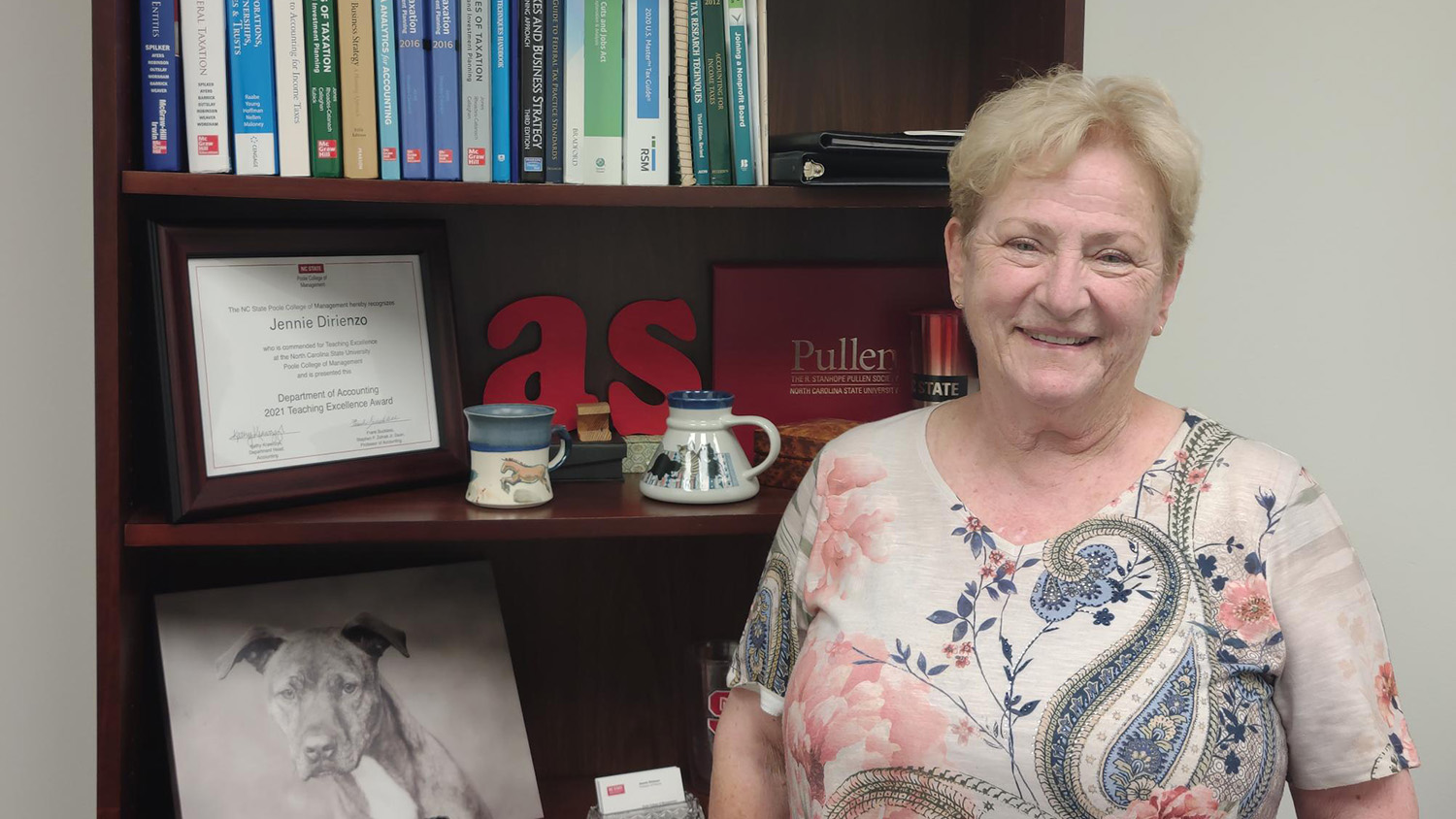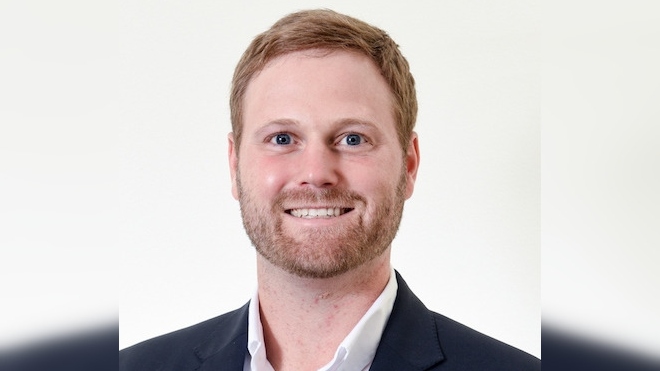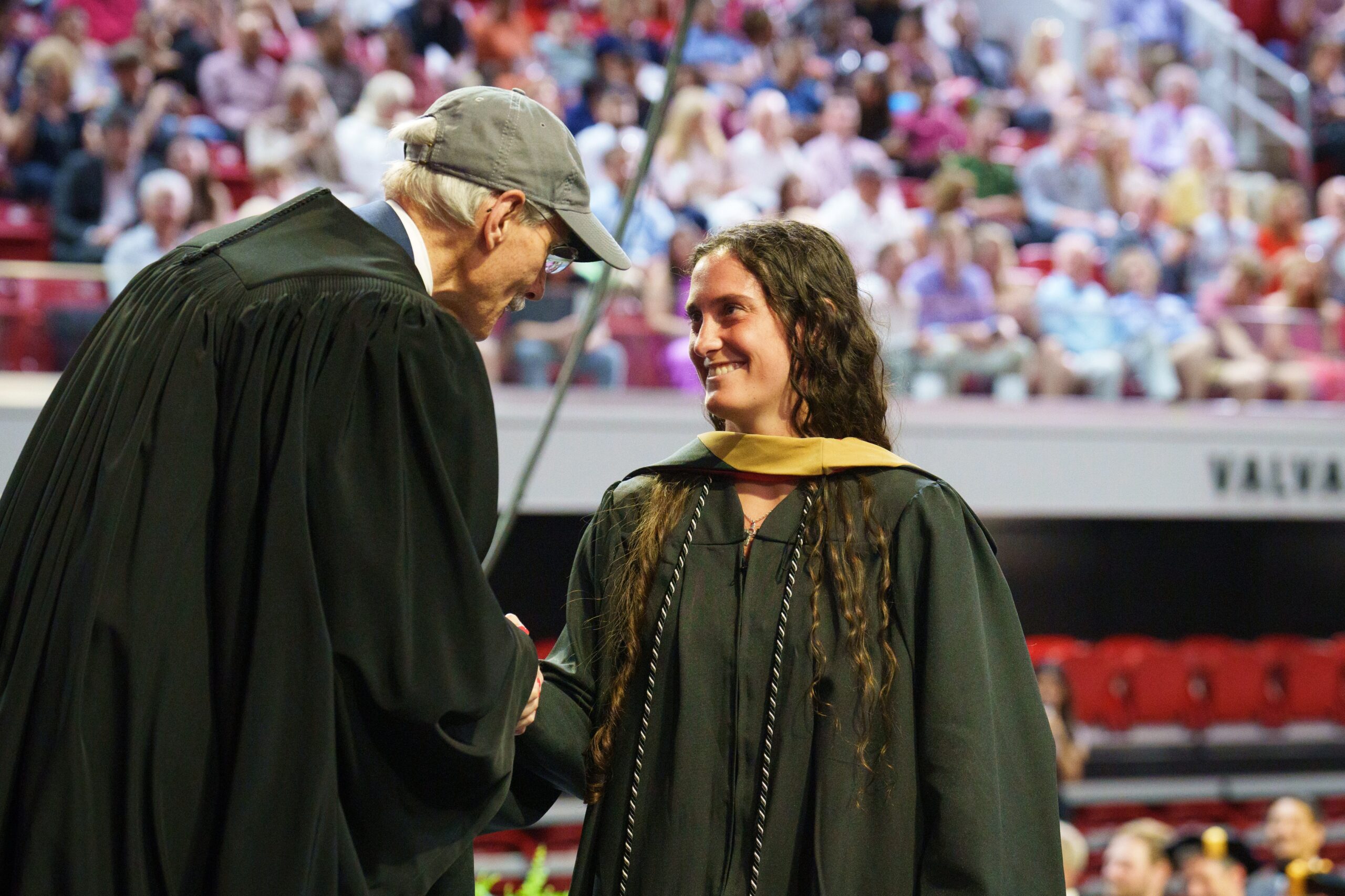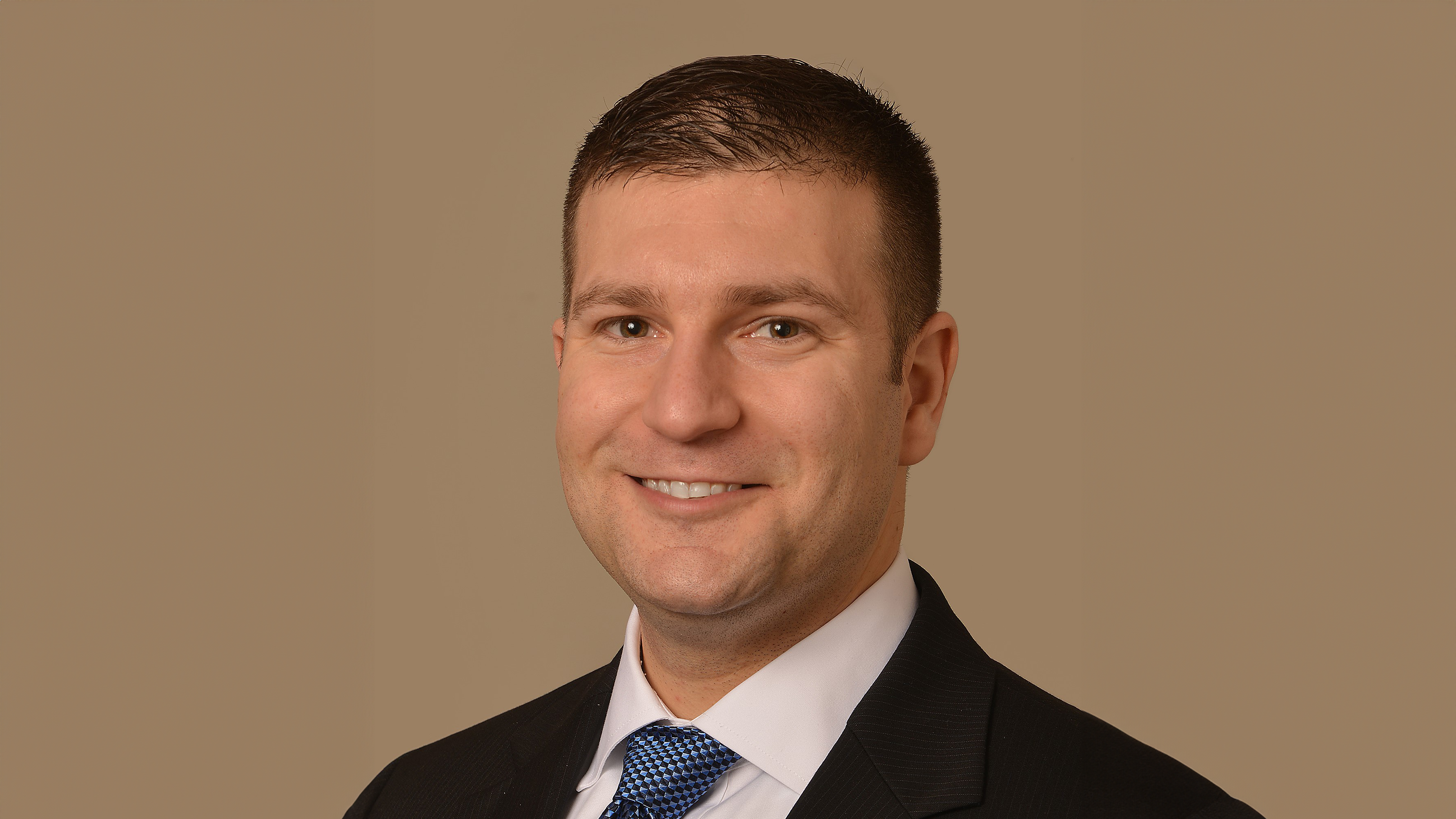‘I Can Do This’: Accounting Provides Surprising and Rewarding Career Path

By Mark Tosczak
The first time an accounting firm offered Jennie Dirienzio a job she said no.
“I turned them down because I was like, ‘That place, it is boring,’” recalls Dirienzio, who is now professor of the practice of accounting at NC State’s Poole College of Management. “It’s quiet. It’s dull. It’ll just be horrible.”
But the firm upped its original salary offer — from $700 per month to $725 per month, working as a secretary, because she knew how to use what was then cutting-edge office technology. She said yes.
The job, at Deloitte, which is now one of the Big Four public accounting firms, was the latest in a string of jobs that Dirienzio held after nearly flunking out of her first year of college and then giving up — at least for a while — on higher education. She had little direction at that time, she says, and didn’t really care.
“It was right after Woodstock,” she says. “I thought I was a hippie.”
‘I can do this’
At Deloitte Dirienzio was trained in data entry and learned about debits and credits — one of the most fundamental accounting concepts. Working alongside accountants who earned almost twice as much as she did, she began to sense a career path for herself.
“I can do this,” she told herself.
She returned to college, studying accounting at NC State while working 20 hours a week at Deloitte. It was an unusual way — at that time — to earn an accounting degree.
She graduated in 1983, passed the CPA exam and became a full-fledged accountant at Deloitte, where she focused on tax accounting.
“I’m a puzzle person. I like to figure out where should things go,” she says. “Tax tends to be more — there’s more of a puzzle aspect to it.”
But over a 30-year career in tax accounting, she did much more than prepare corporate tax returns.

Auditing big numbers
By the early 2000s, for example, she often worked with auditors to evaluate corporations’ tax provision — a company’s estimate of its tax liability for its financial statements, which usually have to be prepared long before tax returns are finalized.
“I did a lot of tax provision review,” she says. “The income tax line items — deferred taxes, income taxes payable, income tax expense — those are really big numbers in a financial statement.”
“Audit partners need tax people to help audit those numbers,” Dirienzio says.
When she joined the Poole College Accounting Department Advisory Board and was asked her advice on what kinds of courses the school should be teaching, she was quick to advise a class in preparing tax provisions.
Soon, she started teaching income tax classes. She continued to teach after retiring from Deloitte in 2014 and in 2016 she joined the faculty fulltime as professor of the practice of accounting.
Teaching students to excel
Dirienzio has worked to not only make her classes educational and relevant, but also fun.
She teaches Master of Accounting students, for example, how to prepare a tax provision for financial statements — the same thing she did when partnered with auditors in the early 2000s.
“If we had a non-audit client who said, ‘We need help preparing our tax provision,’ and they were not super big, we would have done it on Excel,” she says. “That’s what I do. Students go through the same process I would have.”
She’ll even have students present to a group of volunteer business executives, who stand in as the “audit committee” for her class, to give them a taste of the real experience of being an accountant.
Learning how to account for taxes has proven to be a powerful differentiator for some students.
“I’ve had master’s students who have come back, contacted me, and said, ‘I am a star in my office because of the course that you taught, the Accounting for Income Tax course. None of my peers knew anything, and I was all over it,’” Dirienzio says.
I am a star in my office because of the course that you taught….none of my peers knew anything and I was all over it.
Some of her students — not unlike Dirienzio herself in the early ‘80s — discover through her how interesting tax accounting can be.
“I’ve had students who say, ‘I’m going to into tax because of you,’” she says. “It’s really rewarding when I have them for undergrad and then they choose to do tax in the MAC program.
For Dirienzio, the work at Poole has turned into a second career. “Teaching is incredibly rewarding,” she says.
- Categories:


